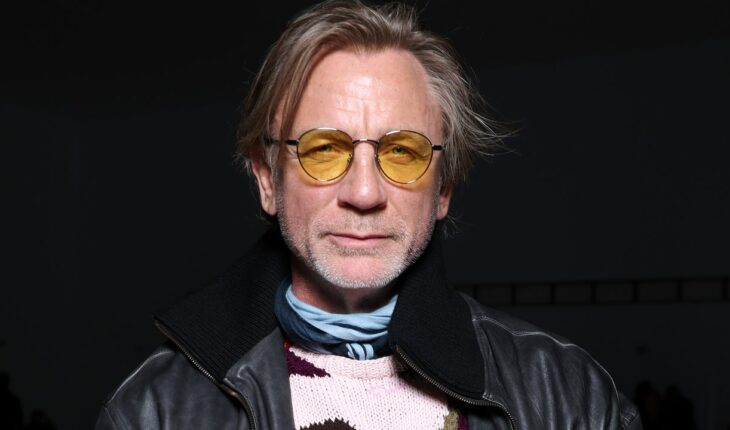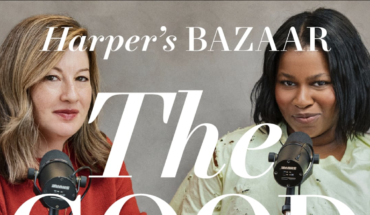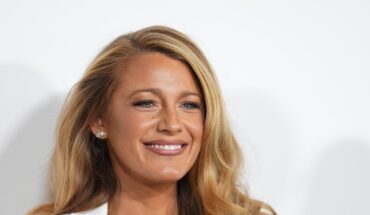It’s been a couple of decades since Daniel Craig first met Luca Guadagnino in Rome, but they only worked together for the first time with the new film Queer, which hit theaters last Wednesday. He’s known Rian Johnson, director of the Knives Out movies, for about as long, yet the Southern-drawled PI Benoit Blanc brought them together professionally just a few years ago. “That’s the way this industry works—you think that it’s snappy, ‘Now, now, now, now,’ but it’s not,” Craig says on this week’s Little Gold Men (listen or read below). “It’s quite tectonic. It gets there eventually.”
After making his name as a steamy, savvy breakout in British indies such as Love Is the Devil and Infamous, Craig spent 15-odd years as one of the world’s biggest movie stars in the far more familiar mold of James Bond. He veered away from the more experimental projects, needing to stay focused on Bond to do him justice, but expected to find his way back to his roots once that part of his life came to a close. Thanks in large part to long-gestating relationships with the likes of Johnson and Guadagnino, he very much has.
This goes especially for Queer, in which Craig gives perhaps his finest screen turn to date—a mad, somewhat surreal torrent of lust and isolation. He plays William Lee, a wanderer in ’50s Mexico City whose infatuation with a younger man (Drew Starkey) sets the stage for a sad, sexy, strange love story that only Guadagnino could pull off. The film is loosely adapted from the semi-autobiographical novel by William S. Burroughs, but the book’s irascible portrait of Lee has been softened by Craig, who imbues the mysterious loner with a scraggly, wounded heart.
“It’s a story about love, and that’s the movie we wanted to make,” Craig says. “We wanted to make it as emotional as possible, and that was the starting point.” Fittingly, that’s where we started too.
Vanity Fair: Do you consider yourself an emotional actor?
Daniel Craig: I think I’m quite an emotional human being. It’s the only thing I’m interested in: the emotional journey of the characters I play. What they are, and who they are, is kind of secondary to that.
One reason I ask is the way your performance has been covered and praised thus far, as a very different kind of role for you—at least of stuff you’ve been able to do lately. Did it feel that way to you?
The honest truth is, I wouldn’t have tackled this a few years ago, because it would have felt very self-conscious to do a “I’ve got to counteract what I’m doing in one world and make sure people understand that I’m an actor with range.” I stopped doing that quite early on with the James Bond movies because I found (a) I didn’t have the energy to do films between doing James Bond movies, and (b) because I couldn’t give them enough energy. I think it’s dangerous to be reactive. You can’t do a job and then go, “I must do this now, to counteract the feeling of that.” That’s a fool’s errand. But this came along at a time in my life when I was, I suppose, hoping something like this would come along.
You’ve mentioned feeling an innate understanding of Lee when you first read the Queer script. Could you say a little bit more about that?
Well, it’s a complicated part, to say the least, but I really felt it was in my wheelhouse—that I could learn to understand who this person was, and wanted to, and was really, really interested. It’s someone who’s really lonely, really looking—and really searching and searching for love, for companionship, for someone in their life that they can share their life with. I can get in touch with that. And added to that, all the extras: these men in exile, because what they were was illegal. I mean, being homosexual, or being a junkie, was illegal.
It’s very, very true to the story, apart from the tail end, which Luca felt incredibly strongly that we needed to show: that this sort of weird, one-sided relationship—or what appeared to be a weird, one-sided relationship—actually comes to a point where we realize, Oh my God, they’re compatible, they’re together. They’re really here, and they’re inside each other, literally and figuratively. And yet, they can’t be.





